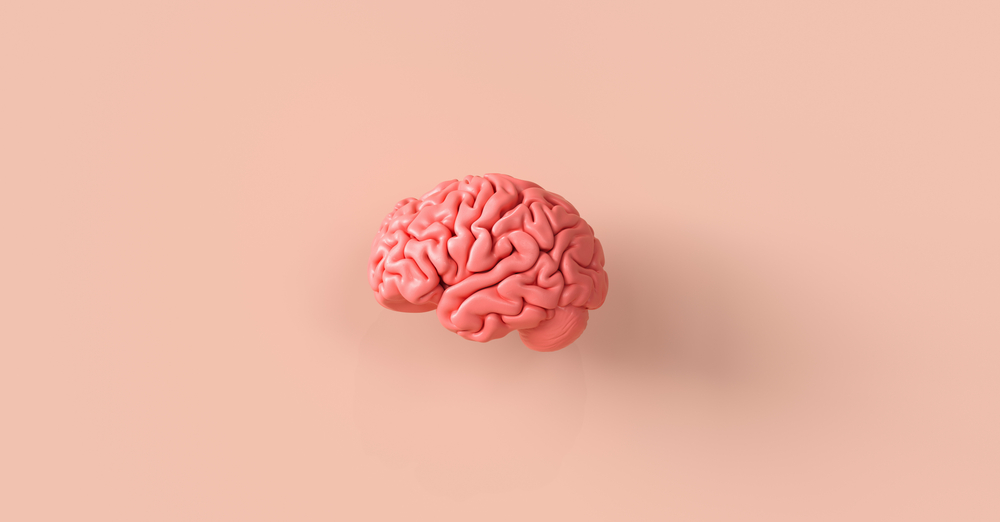Can your body reveal your intelligence? Science says these six physical traits might be the key.
Others are reading now
Have you ever wondered how intelligent you really are?
While an IQ test can offer some answers, it’s often time-consuming and complex. But what if your body could provide clues about your intelligence?
According to scientific research, certain physical traits may be linked to higher cognitive abilities.
Here are six characteristics that studies suggest could be signs of a sharp mind:
Also read
1. Long Legs
Who wouldn’t want long, elegant legs?
They may not just be attractive but also a sign of higher intelligence. A study from Brown University and Princeton University found that taller children—especially those with long legs—performed significantly better on cognitive tests.
These children also tended to land higher-paying jobs that required advanced problem-solving skills later in life. The researchers suggest that height, which is partially linked to childhood nutrition and development, could also correlate with cognitive growth.
2. Left-Handed
Are you left-handed? If so, science suggests you may have a cognitive edge.
A University of Athens study found that left-handed individuals outperformed their right-handed counterparts in a series of mental flexibility and memory tests.
Researchers believe that left-handed people may have an advantage because they use both hemispheres of the brain more efficiently, allowing them to process information faster and excel in creative and problem-solving tasks.
3. A Slim Waist
A narrow waist isn’t just good for health—it might also be connected to brainpower. Several studies suggest that people with a lower body fat percentage tend to have sharper cognitive abilities.
One theory is that fat hormones may negatively affect brain cells, while another suggests that excess body fat could lead to arterial hardening, reducing oxygen flow to the brain.
Either way, maintaining a healthy weight could support mental sharpness in addition to heart health.
4. Big Head
If you’ve ever been teased for having a big head, take it as a compliment. Research published in Molecular Psychiatry found that infants with larger head circumferences were more likely to excel academically and graduate from college.
Participants with larger heads performed particularly well on verbal and numerical reasoning tests, suggesting that brain size—when proportionate to body size—may play a role in cognitive ability.
5. A Round Chin
While a strong, angular jawline is often considered a sign of masculinity, a smaller, rounder chin might indicate higher intelligence—at least in men.
A study conducted in Czechia had 80 participants take IQ tests, after which researchers analyzed facial features. Men with smaller, rounder chins tended to have higher IQ scores, while those with larger, more prominent chins had average cognitive abilities.
6. Facial Features
Scientists in Prague have found that people with longer faces, a wider distance between the eyes, and expressive mouths tend to not only appear more intelligent but also score higher on IQ tests.
Facial symmetry and proportions may subconsciously influence how intelligence is perceived, but researchers believe there could be underlying biological factors linking certain facial structures to cognitive ability.
Nature vs. Nurture: Intelligence is More Than Just Genetics
While these physical traits may be associated with intelligence, they don’t define it.
According to psychologists and behavioral geneticists, about 60% of intelligence is inherited, while the remaining 40% is shaped by environment, education, and life experiences.
Surrounding yourself with curious, knowledgeable individuals, engaging in lifelong learning, and challenging your mind through problem-solving, reading, and exploration are just as—if not more—important than any genetic advantage.


